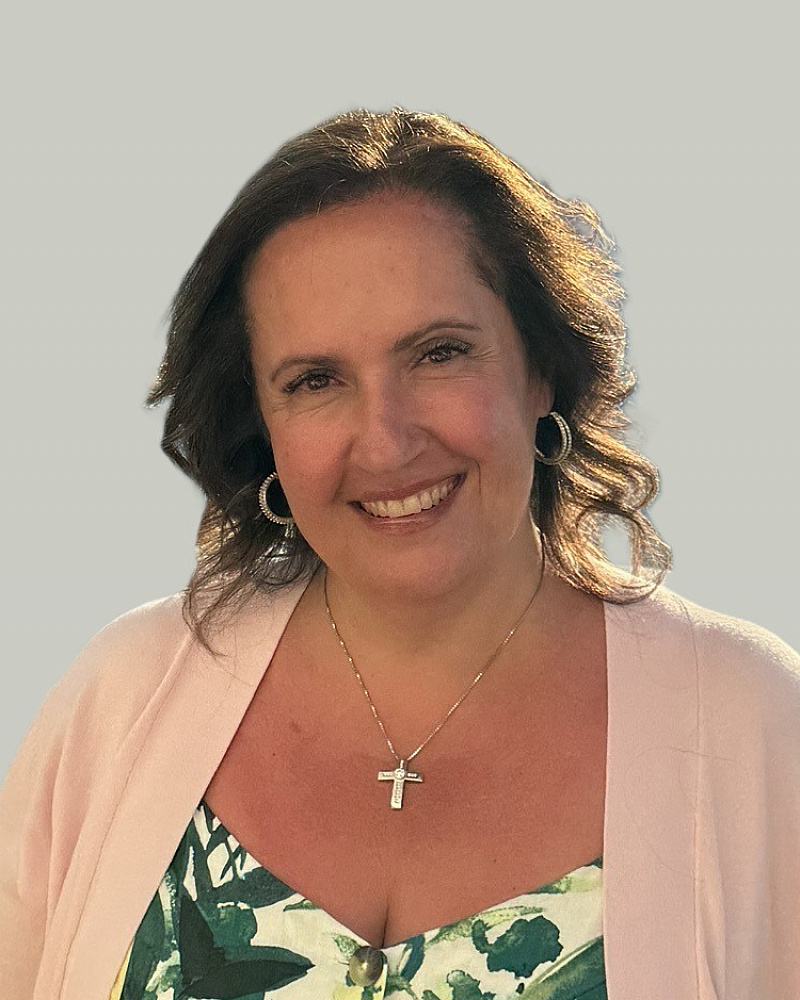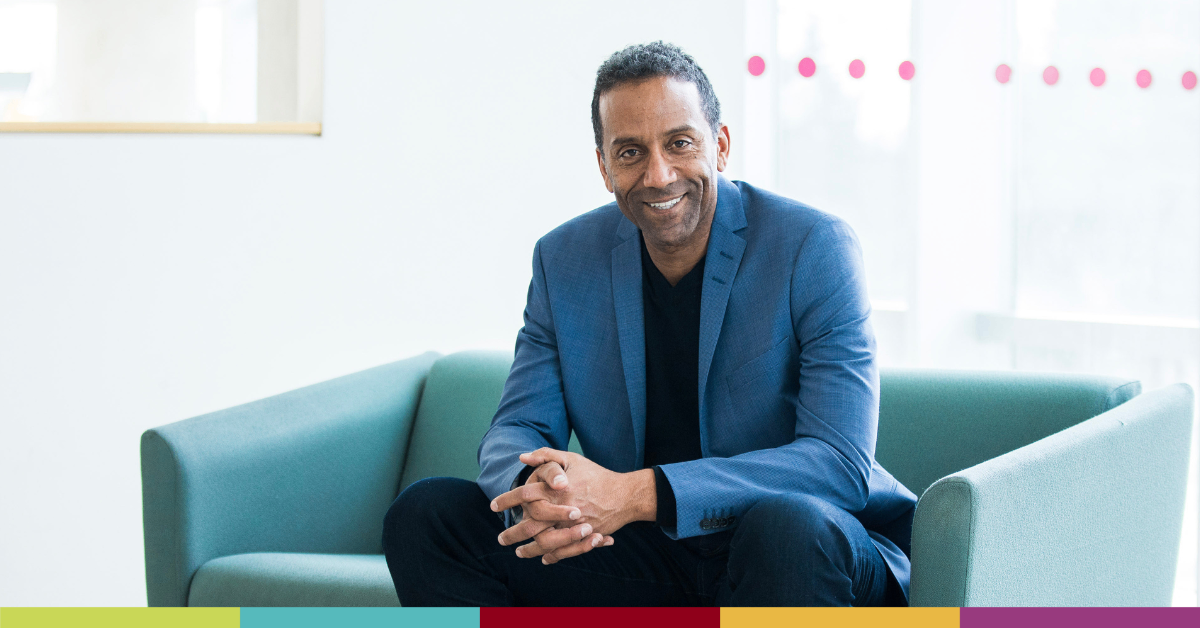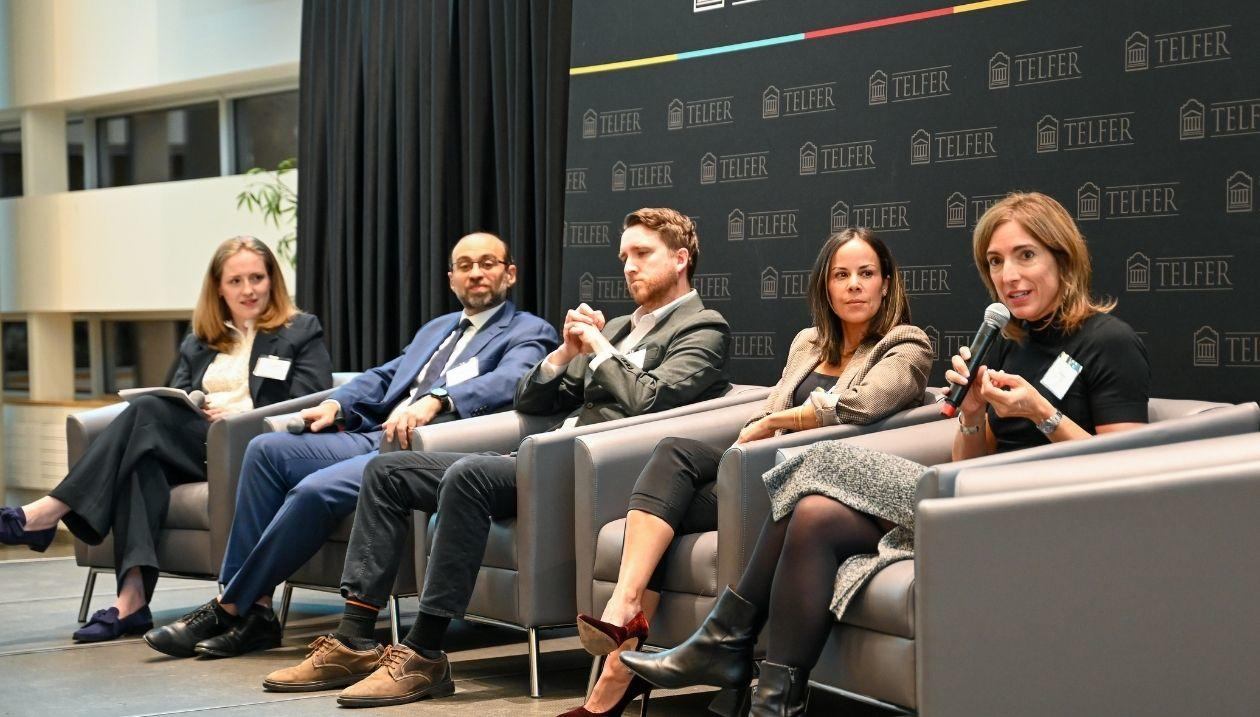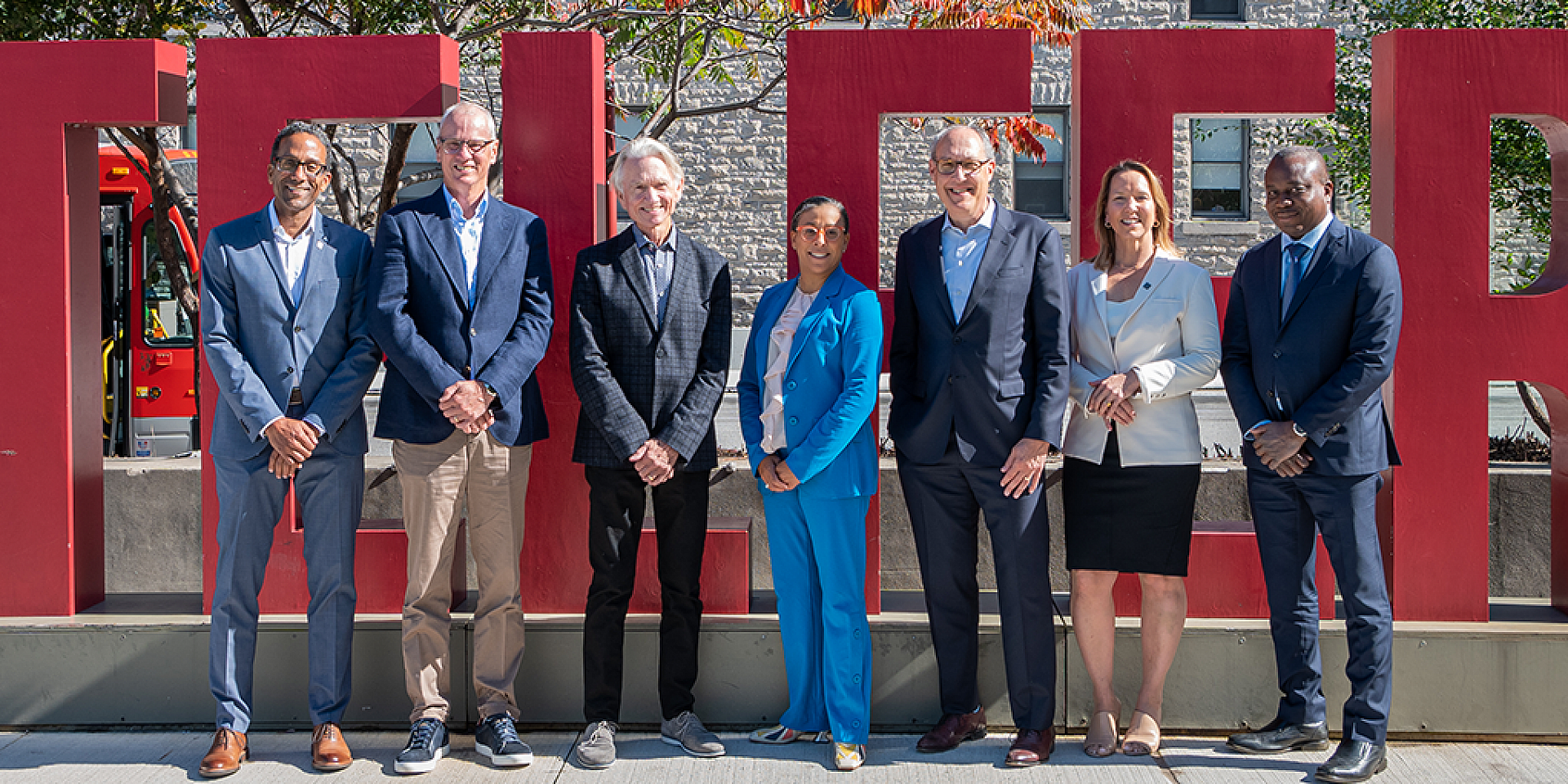Ramzi Fathallah was hired in July 2021 as an assistant professor in entrepreneurship and family business at the Telfer School of Management. He completed his PhD in entrepreneurship at Ivey Business School in 2017. We interviewed him to learn more about his research interests in family business and how entrepreneurs overcome difficulties.
Why did you choose to study entrepreneurship? Any personal motivation behind your research interests in this area?
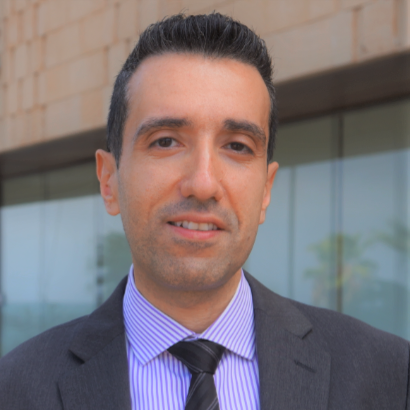
I am a fourth-generation member of a family business that was founded in 1908. Growing up, I used to spend many of my weekends and summer holidays at the family business, listening to my father’s ideas on how to expand the business or start a new business project. I was always fascinated by entrepreneurs and business families who were able to sustain and grow their ventures, especially in a politically and economically turbulent environment such as my home country of Lebanon.
Do you have any new research highlights to share or new projects that you are excited about?
I have a forthcoming work that examines how entrepreneurs harness resilience when they face different types of crises. The study highlights the bright and dark sides of resilience and develops a picture of how entrepreneurs manage their vulnerability over time. While resilient entrepreneurs always manage their vulnerability, they place greater emphasis on “managing” when they experience time subjectively as a resource at their discretion; they underscore their “vulnerability” when they experience time as a burden.
How can your research influence businesses in Canada?
During the COVID-19 pandemic, entrepreneurs have faced unprecedented setbacks. They grapple with extreme levels of vulnerability and experience extreme emotions. Yet given the abnormality of the global pandemic, bouncing back to a pre-crisis level (i.e., back to normal) is no longer an option. My research describes skills and solutions, showing how entrepreneurs can bounce forward and pursue a new normal. Entrepreneurs can bounce forward by categorizing their emotions, revising their commitments, and working with time by stretching and shrinking activities. We also should be careful of the pervasiveness of language surrounding resilience and the pressure to prove one’s entrepreneurial resilience since these factors risk pushing entrepreneurs past their ability to cope and pushing their ventures past the breaking point.
Professor Fathallah is also a contributor of the Family Enterprise Legacy Institute (FELI) at the Telfer School of Management. To find out more about the FELI, visit our website.

